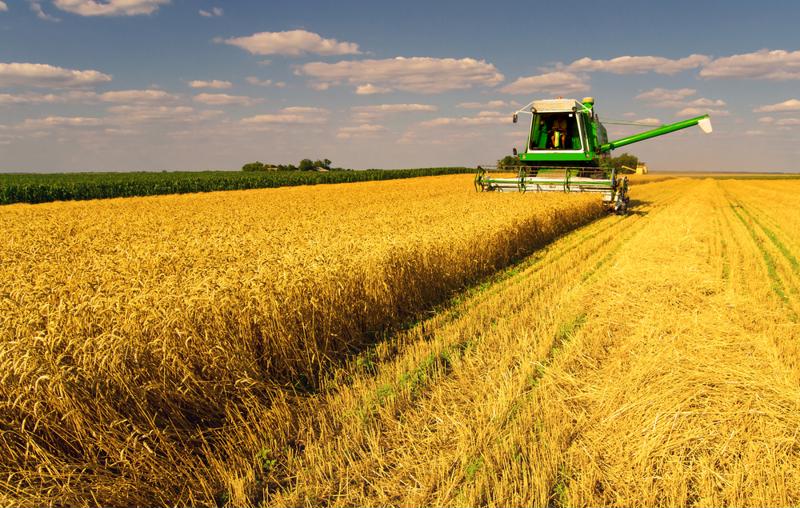From cereal staples like Cheerios to snack treats like Ho-Hos and Ding Dongs, pantry staples are beloved by grocery buyers because they know what they're getting with each bowl or individually wrapped snack cake. And the companies that make them know exactly how much sugar, flour, grain and other ingredients these foods must have to churn out the packaged goods customers have eaten their entire lives.
But with many processing plants across the country lacking key ingredients these and other foods need to taste like they're supposed to taste, manufacturers are having to slow down production, resulting in shortages for stores and buyers.
As reported by Supply Chain Dive, Mondelez International, General Mills and Conagra are among the multinational brand-name food manufacturers that are feeling the effects of ongoing supply delays for foodstuffs like wheat, sunflower, grain and corn, among others.
In an earnings call, Travis Leonard of Hostess Brands said supply chain disruptions have forced the company to, in effect, operate with one arm tied behind its backs.
"Unfortunately, you can't make a Twinkie with only 95% of ingredients," Leonard, who serves as Hostess' chief financial officer, explained. "So when ingredients aren't there, you do experience production scheduling challenges as well as inefficiencies in transportation."
While snack cakes are primarily known for their sugar content, they contain dozens of ingredients beyond sugar. One of this is wheat. Russia and Ukraine are both major global exporters of this ubiquitous grain, accounting for nearly 30% of worldwide production as of 2021, based on the most recent estimates available from the U.S. Department of Agriculture. But with the region embroiled in war, wheat availability has diminished.
The run on wheat isn't just affecting the U.S., either. Since both combatant countries export the grain to many other nations, these markets have felt the impact as well, including Argentina, Canada, Australia, Kazakhstan and several other countries in Europe.

Swapping out ingredients can be tough
Some food manufacturers have made do with alternative solutions. For example, potato product manufacturer LambWeston uses pea starch in lieu of other more common ingredients for batter, like wheat. Because pea starch has a similar consistency to wheat at the molecular level, LambWeston has been able to work around the wheat shortage.
But certain kinds of food containing wheat don't offer the same flexibility, preventing manufacturing plants from moving forward.
"If we're missing an ingredient, we can't produce," Conagra Brands CEO Dave Marberger said during an earnings call in July.
Another common ingredient that's in many packaged foods is sunflower oil. From spreads like hummus to Eastern Mediterranean favorites such as taboule, sunflower oil has many of the same properties as olive oil but costs substantially less, making it a go-to oil for mass production. But as with wheat, sunflower largely derives from Russia and Ukraine.
Even when food makers can swap out one ingredient for another, it's not as simple as that. Jon Nudi of General Mills said ingredient changes entail a lot of administrative work, such as relabeling and reformulating the original recipes.
Extreme weather has also made it challenging to use alternatives to sunflower. As Supply Chain Dive noted, countries like Brazil have seen very little rainfall this year. This part of the world is major producer of soybeans, which are used to produce soybean oil. According to S&P Global, Brazil is the global leader in soybean production.


Post A Comment:
0 comments so far,add yours